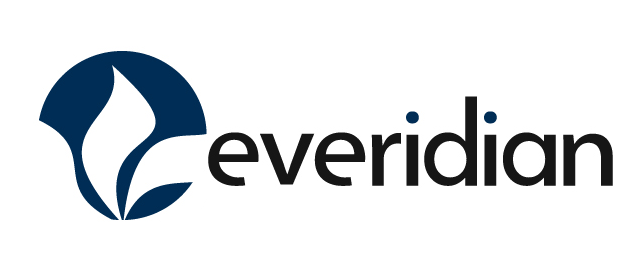Understand Your Brain & Choose Growth
Bauback Yeganeh, Ph.D.
Our brains are wired to prioritize what is familiar over what is effective. This mental shortcut often leads us to stick with comfortable habits, thought patterns, and behaviors, even when they hinder growth. Because familiarity feels safe, we repeatedly rely on the same skills, interact with the same colleagues, and stick to tasks that fall within our comfort zones. Even if these patterns are limiting our progress, they remain mentally appealing because they are known. Examples of prioritizing the familiar at the cost of effective growth include:
Avoiding public speaking even though developing this skill could boost your career.
Defaulting to reactive work (responding to emails and putting out fires) rather than proactively seeking out challenging projects.
Resisting feedback because it feels uncomfortable or threatening.
Avoiding powerful conversations.
Think of your brain as its own organism, self-managing for optimal efficiency. We prefer familiar thoughts, ideas, and routines because they require less mental effort. Thus, when we encounter something repeatedly, the mind perceives it as safe and reliable. This is why you might trust a familiar process over a potentially better, unfamiliar one, or gravitate toward colleagues you know well, even if new perspectives could be more valuable.
Keep in mind, this shortcut that the brain takes isn’t all bad. In certain situations, the brain’s preference for familiarity can be an asset, for instance:
Efficiency in routine tasks: Relying on familiar processes streamlines decision-making and boosts productivity for repetitive or low-stakes tasks.
Trust and rapport: Familiarity with coworkers strengthens relationships and enhances team cohesion, making collaboration easier.
Confidence in experience: Familiarity with past successes can boost confidence, helping you replicate effective strategies.
However, it can also create blind spots, such as:
Resistance to change: You may automatically reject new ideas or processes simply because they feel unfamiliar, stifling innovation.
Stagnant skill development: Sticking to familiar tasks or skillsets limits your growth, making you less adaptable over time.
Biased decision-making: Familiar colleagues or solutions might receive undue preference, even when they’re not the best option.
This is worth consideration because repeatedly focusing on what is familiar keeps us in a performance loop rather than a growth trajectory. We become efficient at what we already know, but miss opportunities to expand skills, take on new challenges, and evolve. Additionally, the brain’s preference for familiarity often outweighs its pursuit of accuracy. This mental shortcut helps you process information quickly, but it can also limit your potential for growth. Recognize when this bias serves you, and when it holds you back, and you will gain an edge in self-awareness and making smarter decisions at work.
Think of a time when you accomplished something you are proud of, and you will certainly think of a time when you addressed a challenge that pushed up against your comfort zone. Self-development requires resisting the allure of the familiar. By intentionally seeking out new challenges and embracing unfamiliar experiences, you can bypass your brain’s preference for comfort and create lasting, meaningful growth. To overcome the downsides of familiarity bias, try these strategies:
Pause before defaulting: When making decisions, ask yourself, “Am I choosing this because it’s the best option or just because it’s familiar?”
Embrace deliberate discomfort: Take on new challenges regularly, whether it’s learning a new skill or collaborating with a different team, to expand your comfort zone.
Seek diverse input: When problem-solving, actively invite ideas from less familiar sources to challenge your default patterns.
Lean into discomfort: Growth happens at the edge of your comfort zone. Take on tasks that make you slightly uncomfortable — lead a meeting, ask for feedback, or learn a new tool.
Create deliberate learning routines: Make new skills or habits feel familiar, schedule regular practice sessions, whether via public speaking, data analysis, or time management techniques.
Expand your network: Interact with colleagues outside your usual circle. Engaging with new perspectives challenges your mental routines and exposes you to fresh ideas.
Embrace feedback as fuel: Instead of viewing feedback as threatening, reframe it as a tool for growth. The more you expose yourself to constructive criticism, the more familiar and less intimidating it becomes.
By becoming aware of your brain’s preference for the familiar, you can strike a balance — using it for efficiency when it serves you but consciously stepping beyond it when growth and innovation demand it.
